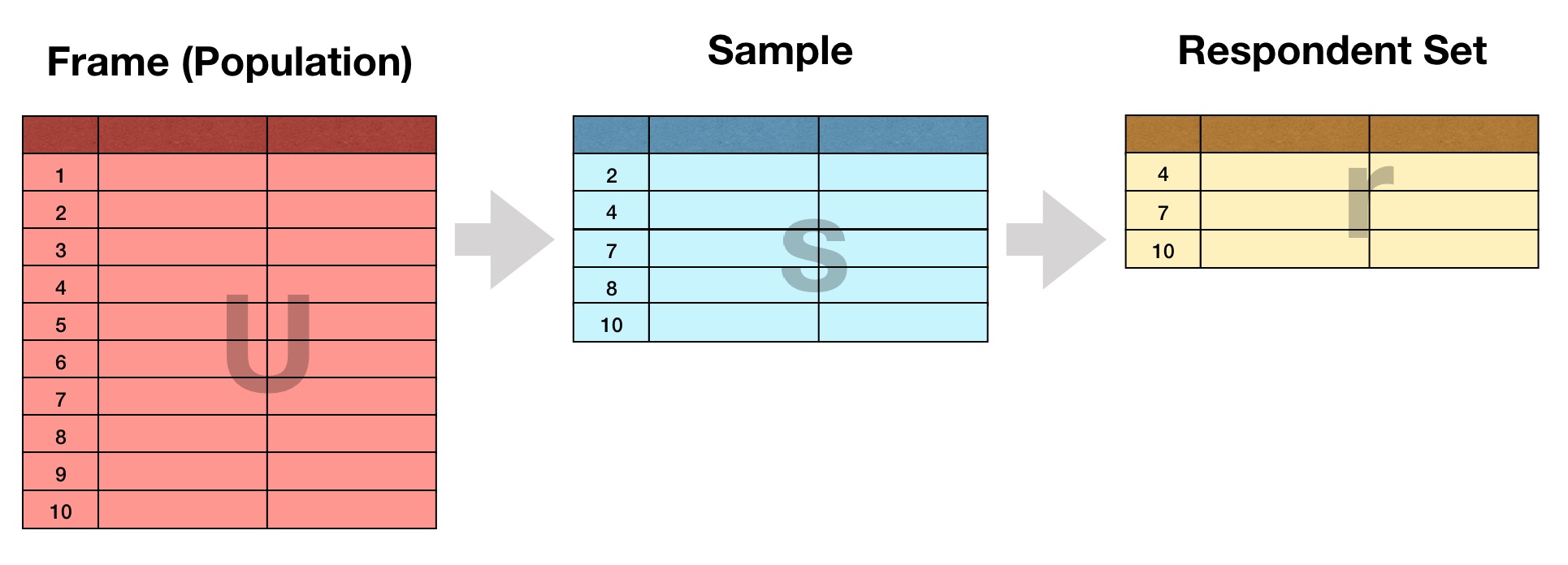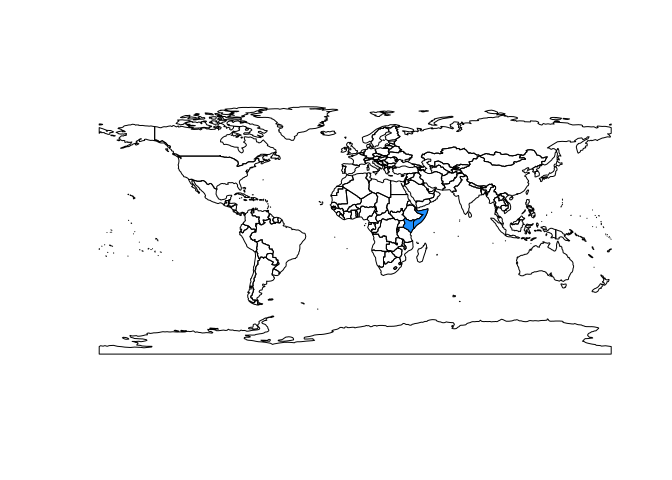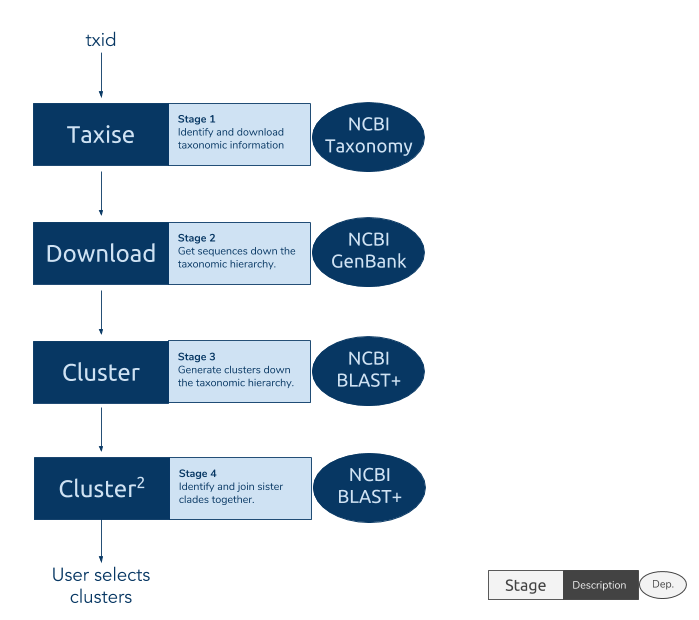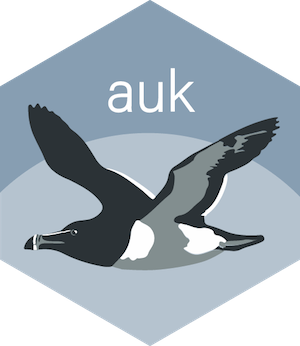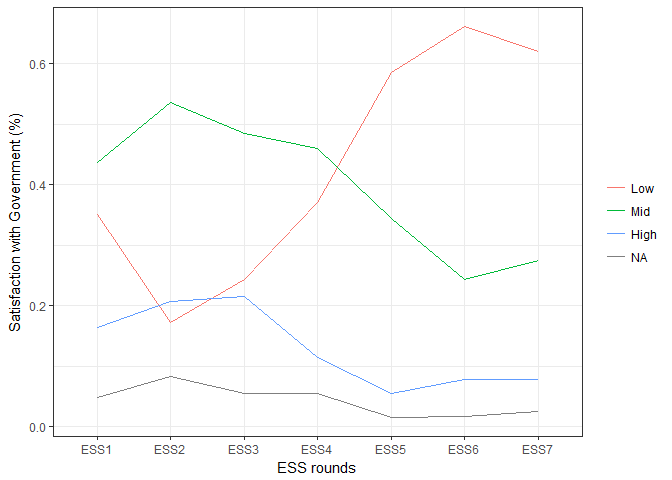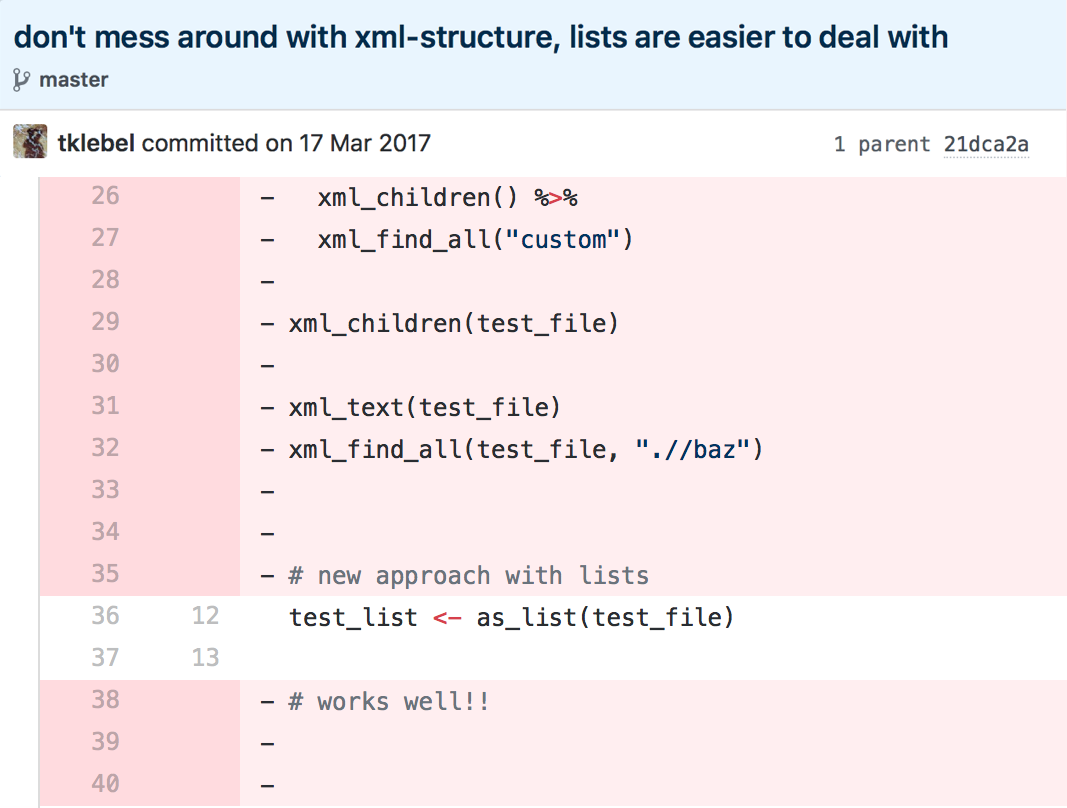
Every R package has its story. Some packages are written by experts, some bynovices. Some are developed quickly, others were long in the making. This is thestory of jstor, a package which I developed during my time as a student ofsociology, working in a research project on the scientific elite withinsociology.
